Legal with Leah: Changes to CAUV woodland values
As Ohio Farm Bureau Policy Counsel Leah Curtis notes in this Legal with Leah, these changes should result in significant tax savings for many Ohio woodland owners.
Read MoreWhen property owners may have issues with trees or encroachment on their property, they often turn to Ohio Farm Bureau for information.
Continuing the conversation about Ohio Farm Bureau’s newly updated Landowner Toolkit, we are covering the topic of boundary disputes. According to Ohio Farm Bureau Policy Counsel Leah Curtis, when property owners may have issues with trees or encroachment on their property, they often turn to Farm Bureau for information.
Listen to Legal with Leah, a podcast featuring Ohio Farm Bureau’s Policy Counsel Leah Curtis discussing topics impacting farmers and landowners.
Ty Higgins [00:00:00] The Ohio Landowner Toolkit, a resource exclusively for Ohio Farm Bureau members, has been recently updated. Our experts on staff, including Policy Counsel Leah Curtis, providing members with the latest information, guidance and critical information on land ownership, use and management. We continue our Legal with Leah series about some of the items in the toolkit, including boundary disputes and Leah, property owners may have issues with trees or encroachment on their property, and they often turn to Farm Bureau for this information. Let’s start with the fact that often times boundary disputes have been worked out between neighbors or they might be heading to court to solve it.
Leah Curtis [00:00:37] Unfortunately, yes. If you truly have a boundary dispute, that’s likely going to become a civil matter that either the two property owners have to work out in a friendly manner, or the landowner with the concern may have to visit with a private attorney to go through that court system. Generally, local law enforcement and local officials, they don’t have the ability to make those determinations. Those are legal determinations that have to be made through some sort of legal to support that a court is really going to have to deal with.
Ty Higgins [00:01:07] That can be pretty frustrating for landowners. But we can provide some basic information that can be helpful as they think about these issues. Let’s start with trees. A lot of questions about trees around property lines.
Leah Curtis [00:01:17] Yeah, we joke sometimes that we didn’t know in law school we’d become tree lawyers. But trees live in this sort of weird spot in the law. They’re kind of a part of the property. And so generally, if a tree is on a property line, then both property owners really have an ownership interest in that tree. And so anything that’s going to be done to that tree probably needs to be cleared with both property owners. If you have branches that are overhanging a property line, a landowner does have a right to clear their airspace, as we call it. But again, they need to be careful they’re doing so without trespassing, including any of the debris that might come from trimming. And then in addition, Ohio law does prohibit any person from recklessly cutting down, destroying or injuring trees on another’s property. And I’ll note that that same law applies to standing crops as well. But we see it come up with trees. And in addition to that being a crime, if someone does recklessly injure or cut down or destroy a tree, then that person may end up owing three times the worth of that tree as damages. So it is pretty serious. You want to be careful when you’re dealing with those tree trimming activities.
Ty Higgins [00:02:23] What about when a tree falls from one property to another? Who’s liable for the damage in that situation?
Leah Curtis [00:02:29] And so that kind of sounded like, you know, if it falls in the woods, are we going to hear it? But we always have to start by saying that liability is going to be determined by the situation. So we are talking very generally here. Everybody’s situation is going to be different and the determination is going to be different. But generally, if there is no reason to know that the tree was unhealthy and it just falls, maybe there’s a storm, maybe its been struck by lightning. Generally in those situations, the property where the tree is located is not liable for damages. But this is in contrast to if someone did know that a tree was dead or dying. If they they were well aware of it, they saw it was dead or dying and they’ve been put on notice it’s likely to fall. If they do nothing, then that may mean that they are liable in those situations. Again, it’s going to depend on that specific situation, but it kind of depends on what is the state of the tree before it falls.
Ty Higgins [00:03:23] So let’s say trees are out of the way. What if I just simply disagree about where the property line is? My neighbor has taken his mower into my property. What does the law say about those types of things?
Leah Curtis [00:03:34] So again, this is this is going to be a dispute about that property line and it’s going to be generally best to resolve this as soon as you can rather than just let it fester and wait around. That might mean you need to get a survey done. It may possibly mean visiting with an attorney to kind of talk about what your options are. And this is important because there is this doctrine in the law called adverse possession, which says if someone is using a property for 21 years openly, exclusively and hostile to the actual owner, so meaning like they didn’t have any permission, but they’re out there doing it, then that person might be able to claim ownership after 21 years. So it doesn’t happen often. It’s one of those things you learn about in law school and you think there’s going to be this like group of adverse possession raiders out there, but it doesn’t happen a lot. But every year we do see a few cases where this doctrine ends up getting applied. So when you do have those boundary disputes, it’s best to kind of take care of them as quickly as you can. And again, that may mean talking with an attorney to kind of go through your options.
Ty Higgins [00:04:35] Someone’s looking for more information on this topic. Where can they go?
Leah Curtis [00:04:39] So members can access our Ohio Farm Bureau Landowner Toolkit, which does have a section on this topic. We talk about trees, boundary disputes, adverse possession, all those types of things, as well as a number of other topics, and they can get basic information for when these issues arise.
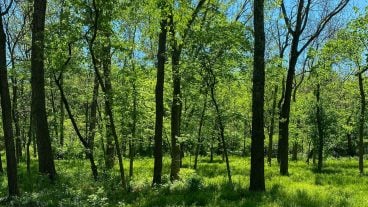
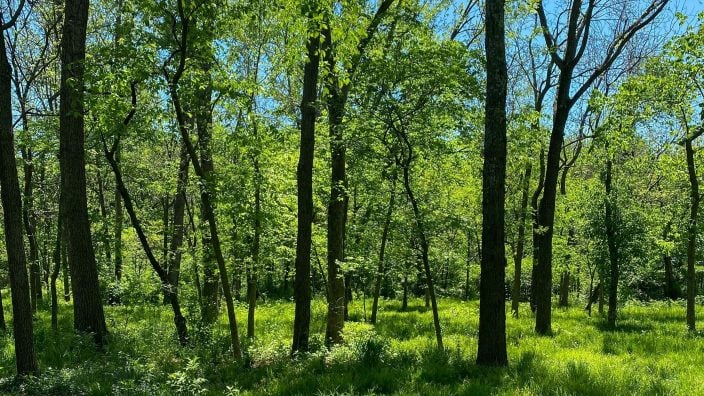
As Ohio Farm Bureau Policy Counsel Leah Curtis notes in this Legal with Leah, these changes should result in significant tax savings for many Ohio woodland owners.
Read More

In the case O’Connor v. Eubanks, the question is, can a state be sued in federal court when it takes a property?
Read More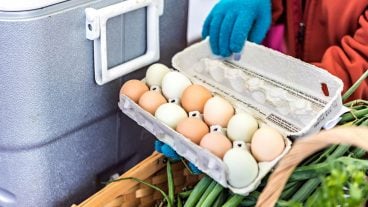
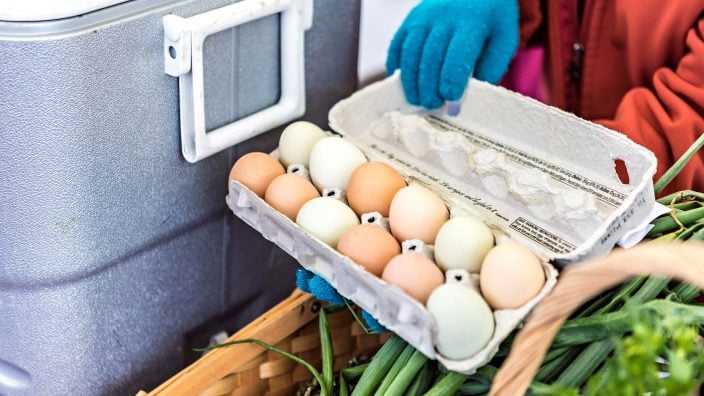
A new low risk license should bring consistency across Ohio in regard to nonmechanical refrigeration.
Read More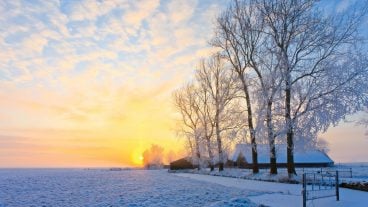
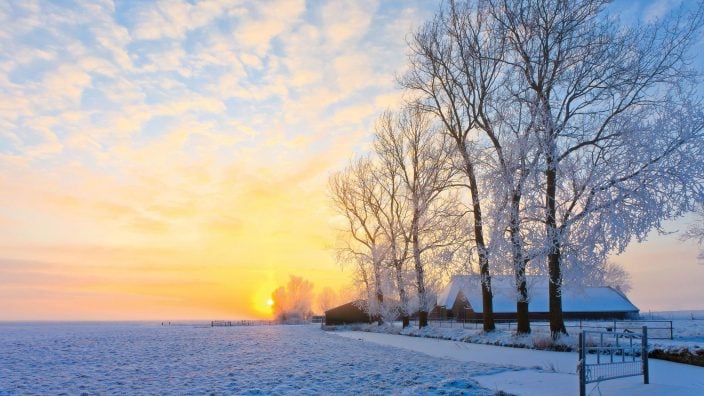
The law requires most businesses to report information about their beneficial owners, and the intent is to try to make it harder to illegally hide assets and commit financial crimes.
Read More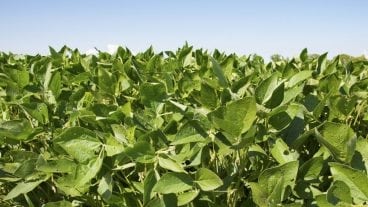
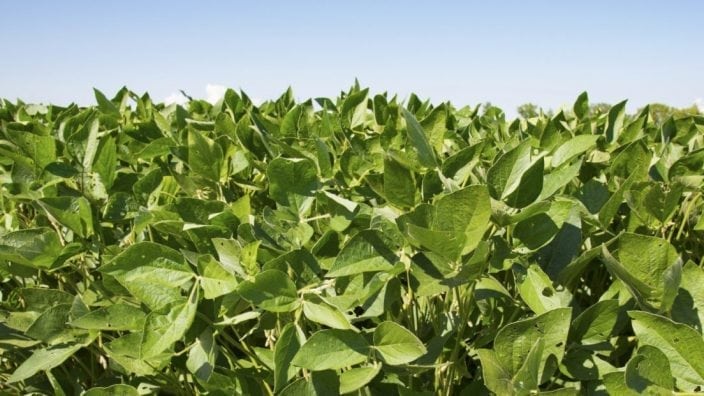
How will this impact Ohio farmers and what can be done to allow for use of the products that have already been purchased?
Read More

What are some of the things landowners need to be aware of, as they might see more people wanting to come out to their property and to rural Ohio for the best seat in the house?
Read More

How will passage of Issue 2 impact agribusinesses and farm employers?
Read More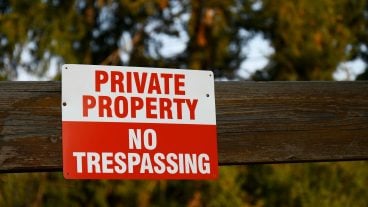
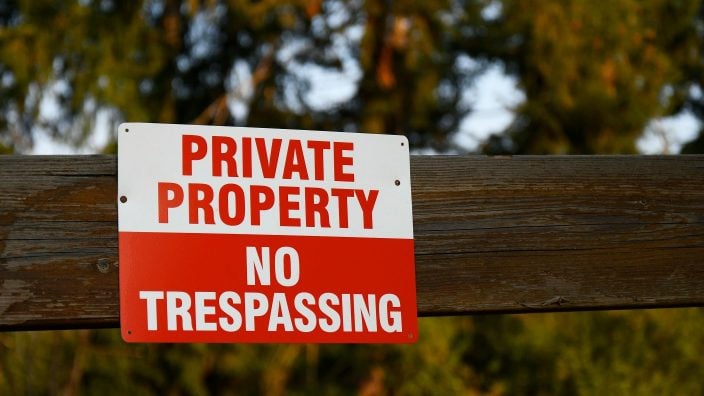
Policy Counsel Leah Curtis discusses Ohio trespassing laws and the liability that can fall on landowners when people enter their property.
Read More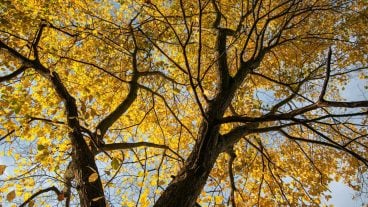
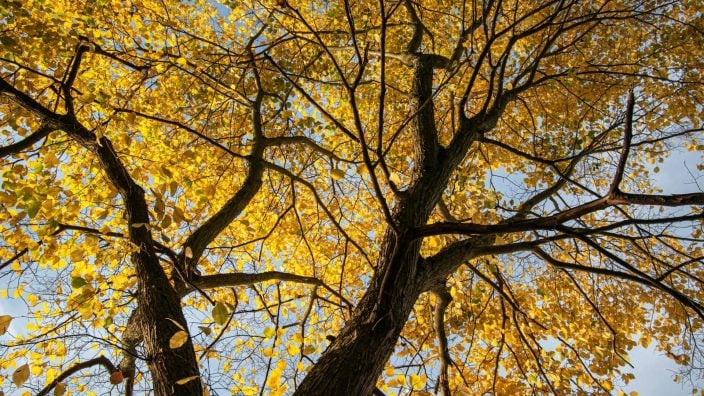
When property owners may have issues with trees or encroachment on their property, they often turn to Ohio Farm Bureau for information.
Read More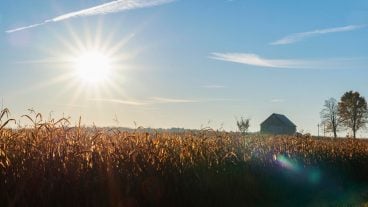
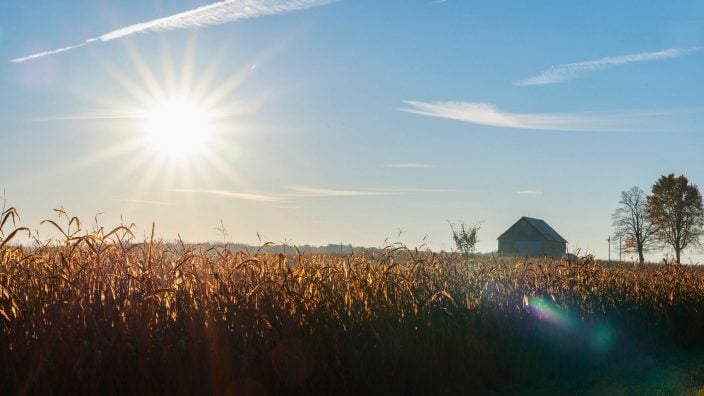
Even though there can be zoning in rural areas of Ohio, there are limitations in the law when it comes to agriculture.
Read More